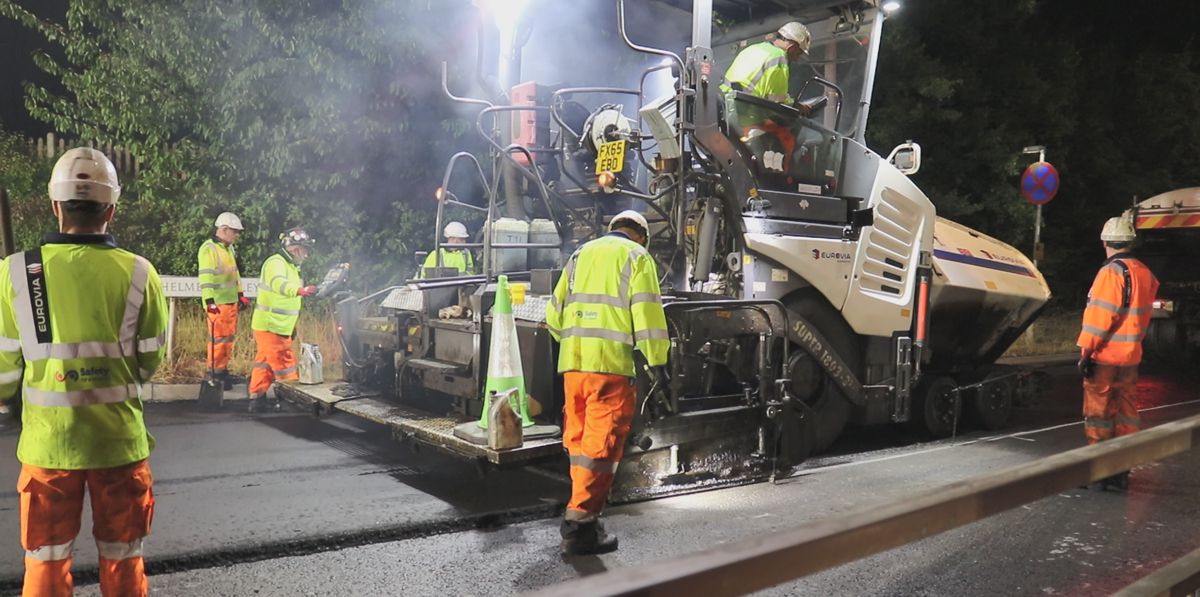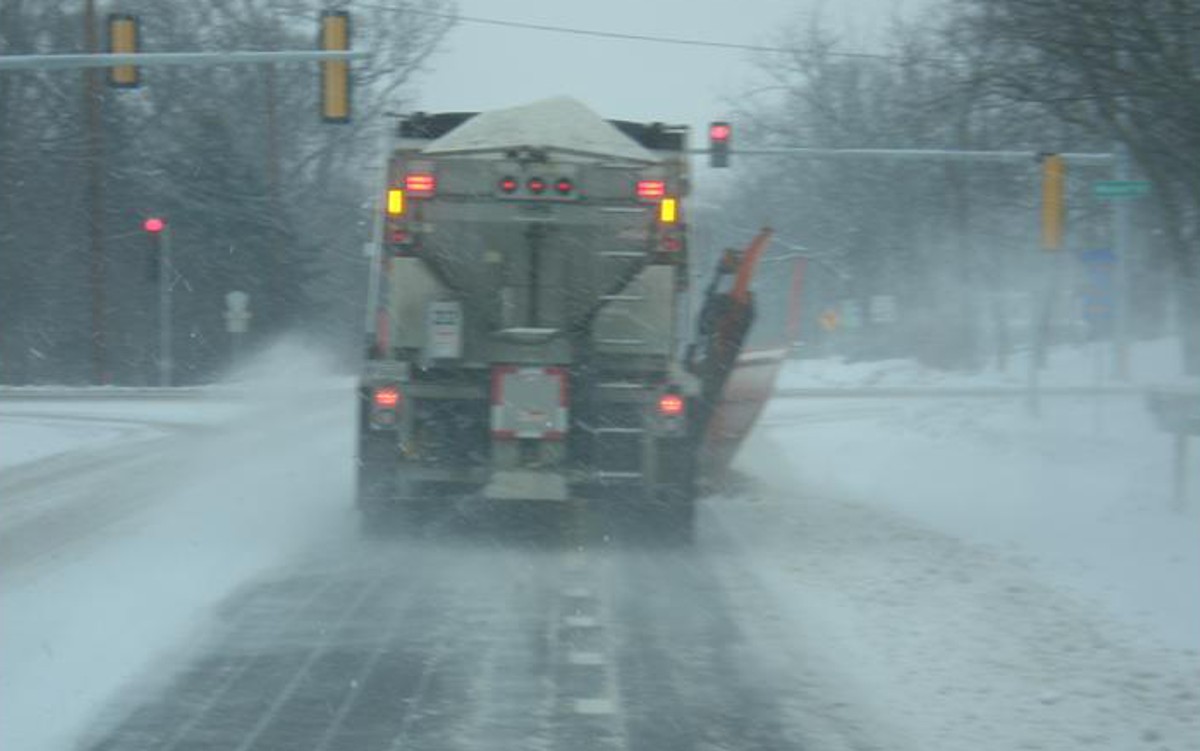Five things you need to know about the UK Environment Bill
After several COVID-related setbacks, the Environment Bill, which provides a post-Brexit framework for environmental governance in England, is set to become law this autumn.
While most of the Bill only applies to England, some significant provisions apply in Wales, Scotland and Northern Ireland and will go through a process of legislative consent.
Gareth Rondel, Sustainability Lead at CHAS, highlights what construction businesses need to know:
1. A national environment watchdog will oversee environmental law
Once fully established, the Office for Environmental Protection (OEP) will scrutinise environmental policy and law, investigate complaints and take appropriate enforcement action. They will also hold public bodies and government to account. This means businesses working within local authority and government supply chains should be prepared for increased environmental scrutiny.
Contractors can demonstrate their commitment to high environmental standards via the Common Assessment Standard which is the gold standard for accreditation in the construction industry, covering many areas of risk management, including sustainability. CHAS is one of three recognised assessment bodies offering the Common Assessment Standard.
2. New environmental targets are coming
The UK has already enshrined its 2050 net-zero carbon target in law and now the government must set long term legally binding targets to improve the environment on air quality, water, waste and biodiversity. Some of these targets, notably on woodland and petal restoration, will play a direct part in achieving net-zero emissions.
There will also be interim targets, which will set a five-year trajectory towards meeting the long-term targets.
While a two-year transition period is expected, businesses of all sizes should review how they currently monitor and manage these issues to be better prepared once targets arrive.
An overview of the targets’ potential scope can be found here.
3. Greater emphasis on waste prevention
The Environment Bill will deliver on commitments set out in the Resources and Waste Strategy for England which aims to eliminate avoidable waste by 2050.
The government’s Waste Prevention Programme (WPP) will build on this strategy and includes a focus on construction.
The WPP aims to reduce construction waste and increase the reuse of construction materials at their highest value. Buildings will be expected to be designed for adaptability and deconstruction, increased reuse of components, use of materials that can be reused and recycled, and improved demolition systems.
For many organisations the first challenge when looking to improve construction waste management will be to identify the nature and scale of the issue. The Construction Leadership Council’s report Zero Avoidable Waste in Construction is a useful reference.
4. New developments must protect and enhance nature
Part of the Environment Bill’s commitment to biodiversity is the expectation that all new developments in England will achieve a 10% biodiversity net gain (BNG).
The Environment Bill will also re-focus the Habitats Regulations to conserve and enhance biodiversity, with government publishing a Green Paper on these reforms later in 2021.
BNG will affect planning, change project delivery elements, impact developers and influence supply chain requirements.
The Chartered Institute of Ecology and Environmental Management has a useful checklist on preparing for BNG.
5. There will be specific targets for fine particulate matter (PM2.5)
The Environment Bill aims to improve air quality by requiring legally-binding targets to reduce concentrations of damaging fine particulate matter (PM2.5) and increasing local powers to address sources of air pollution.
There are also proposed provisions to drive recalls of products that fail to meet environmental standards. As a consequence, manufacturers of non-road mobile machinery (NRMM) could be compelled to recall plant because of environmental failure or non-conformity.
This will invite increased scrutiny on NRMM emissions which contribute significantly to air pollution on construction sites and adjacent neighbourhoods. Tracking plant and equipment to ensure it is properly maintained via products such as CHAS Plant can help reduce emissions and simplify plant compliance by giving customers and auditors easy access to plant records.















